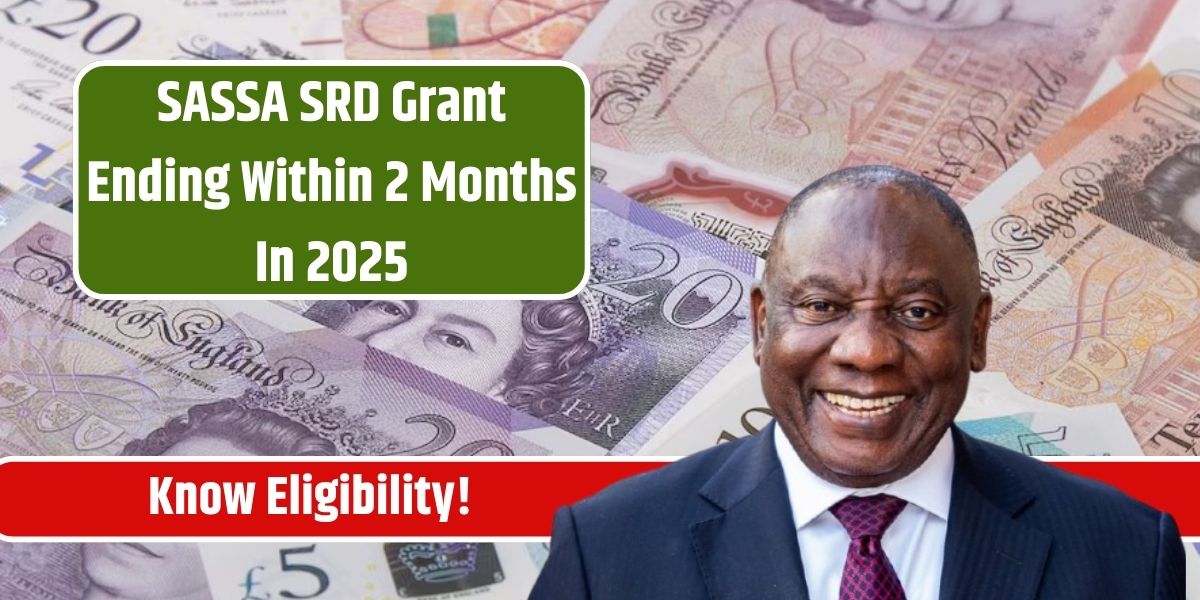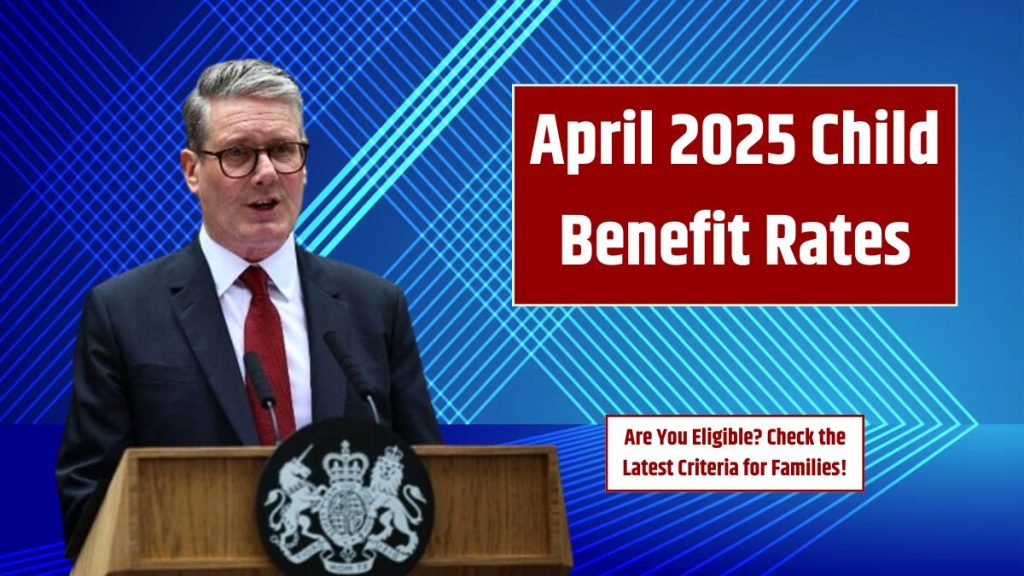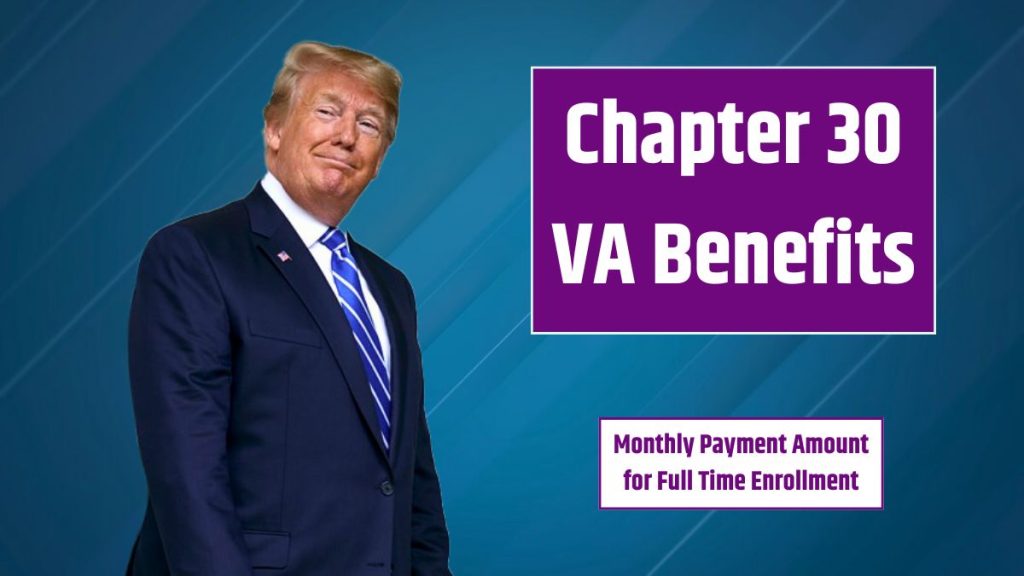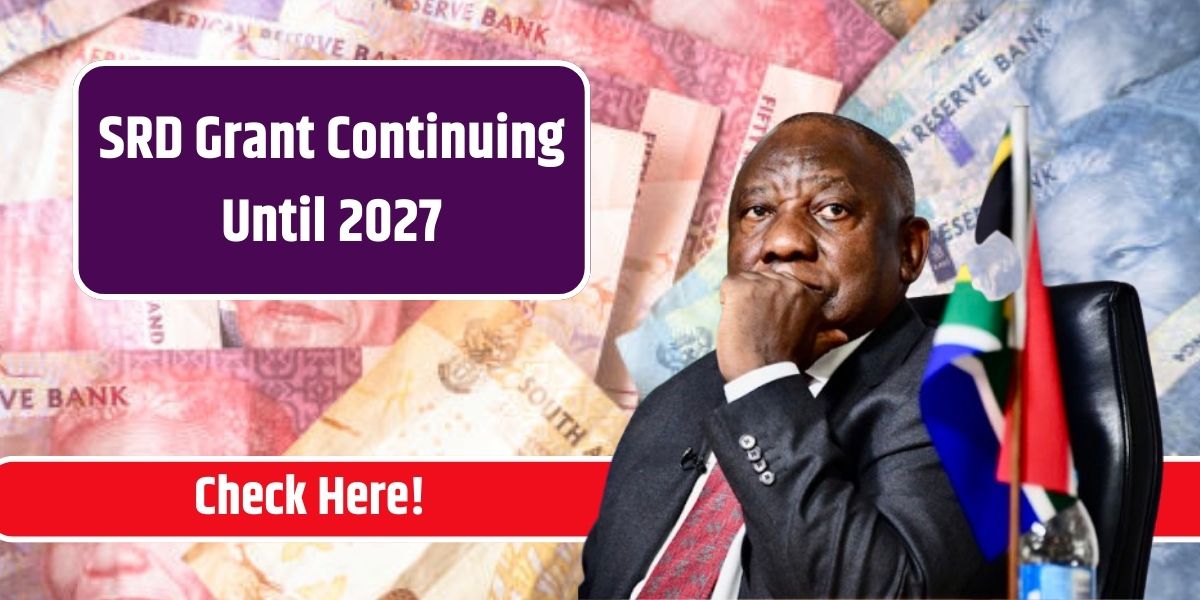The Social Relief of Distress (SRD) grant has been a crucial financial lifeline for unemployed South Africans since its introduction in 2020. Initially implemented as a temporary measure during the COVID-19 pandemic, the grant provides R350 per month to qualifying individuals. However, with its scheduled expiration in March 2025, discussions about its future are intensifying.
Will the government extend the grant, transition to a Basic Income Grant (BIG), or phase it out entirely? Here’s an in-depth look at the factors influencing its future and potential outcomes.
Overview of the SRD Grant
| Grant Name | Details |
|---|---|
| Duration | Extended until March 2025 |
| Eligibility | South African citizens, permanent residents, or refugees aged 18–60 years |
| Amount | R350 per month |
| Purpose | Provides financial support to unemployed individuals with no other assistance |
The SRD grant has supported millions of vulnerable South Africans, helping to address food insecurity and meet basic needs.
Why the SRD Grant Matters
Unemployment remains one of South Africa’s most pressing challenges, with the unemployment rate exceeding 33.9% (2023). For many recipients, the SRD grant is their only source of income, helping cover essentials such as food, transportation, and school supplies.
Real-World Impact
Thuli, a single mother in Limpopo, relies on the R350 grant to buy groceries and pay for transport. While modest, the assistance enables her to provide for her two children.
Factors Influencing the SRD Grant’s Future
1. Economic Recovery
South Africa’s economic recovery has been sluggish due to:
- High inflation and rising interest rates.
- Global economic instability, affecting job creation.
If economic growth remains weak, the government may find it necessary to extend the SRD grant as a continued relief measure.
2. Government Budget
The SRD grant requires significant government funding, creating pressure on public finances. Key challenges include:
- Balancing social relief with fiscal sustainability.
- Rising public debt, which may lead to budget cuts.
3. Political Considerations
As South Africa approaches the 2024 national elections, political parties may use the grant as a campaign tool, making promises to extend or expand it. Public pressure and voter sentiment will likely influence government decisions.
4. Unemployment and Poverty Levels
Persistently high unemployment and poverty rates reinforce the need for social assistance. If economic conditions do not improve significantly, the government may struggle to phase out the SRD grant without implementing alternatives.
Possible Scenarios After March 2025
1. Extension of the SRD Grant
- The government may extend the grant temporarily or make it permanent.
- Likelihood: High, given ongoing unemployment challenges.
2. Introduction of a Basic Income Grant (BIG)
- There is growing support for a Basic Income Grant (BIG), which would offer broader financial assistance.
- The SRD grant could transition into this system, ensuring more inclusive support.
- Likelihood: Moderate, as it requires significant political and financial commitment.
3. Discontinuation of the SRD Grant
- If economic recovery improves, the government may decide to phase out the grant.
- However, this could lead to increased poverty and social unrest.
- Likelihood: Low, given current economic conditions.
Eligibility for the SRD Grant
To qualify for the SRD grant, applicants must meet these criteria:
- Age: 18 to 60 years old.
- Residency: South African citizens, permanent residents, or refugees.
- Financial Need:
- Must be unemployed.
- Must not receive other social grants, UIF payments, or government assistance.
- Must earn less than the annually reviewed income threshold.
For updated eligibility criteria and application details, visit the SASSA SRD page.
Timeline for the SRD Grant
| Year | Event |
|---|---|
| March 2020 | SRD grant introduced as a temporary COVID-19 relief measure. |
| 2021–2023 | Multiple extensions due to economic challenges. |
| March 2025 | Current scheduled expiration date. |
What Happens If the SRD Grant Ends?
If the SRD grant is discontinued, millions of South Africans could face financial hardship. The potential consequences include:
- Increased poverty levels.
- Higher risk of social unrest and protests.
- Greater pressure on other social welfare programs.
Alternatives to the SRD Grant
If the grant ends, the government may introduce alternative support measures, such as:
- Job Creation Programs – Investments in infrastructure, skills training, and entrepreneurship.
- Expansion of Other Social Grants – Increasing the Child Support Grant or Old Age Pension to cover more individuals.
- Implementation of a BIG – A new system providing universal income support.
Government’s Approach to Social Assistance
The South African government faces a difficult balancing act between immediate financial relief and long-term economic sustainability.
In addition to the SRD grant, other programs like the Child Support Grant and Older Person’s Grant provide critical financial support. Any future reforms must ensure that the most vulnerable citizens are not left behind.
The SRD grant has been a vital support system for millions of South Africans. With its expiration date approaching, uncertainty looms over its future. The government’s decision will depend on economic conditions, fiscal constraints, and political factors.
For now, beneficiaries should stay informed through official SASSA channels and prepare for potential changes.
Will the SRD grant be extended after March 2025?
There is a high possibility of extension, given ongoing economic challenges and political pressure. However, an official decision has not yet been made.
What is the Basic Income Grant (BIG)?
The BIG is a proposed program that would provide universal financial assistance to all South Africans, potentially replacing the SRD grant.
How can I check my SRD grant status?
You can check your application status online at srd.sassa.gov.za.










